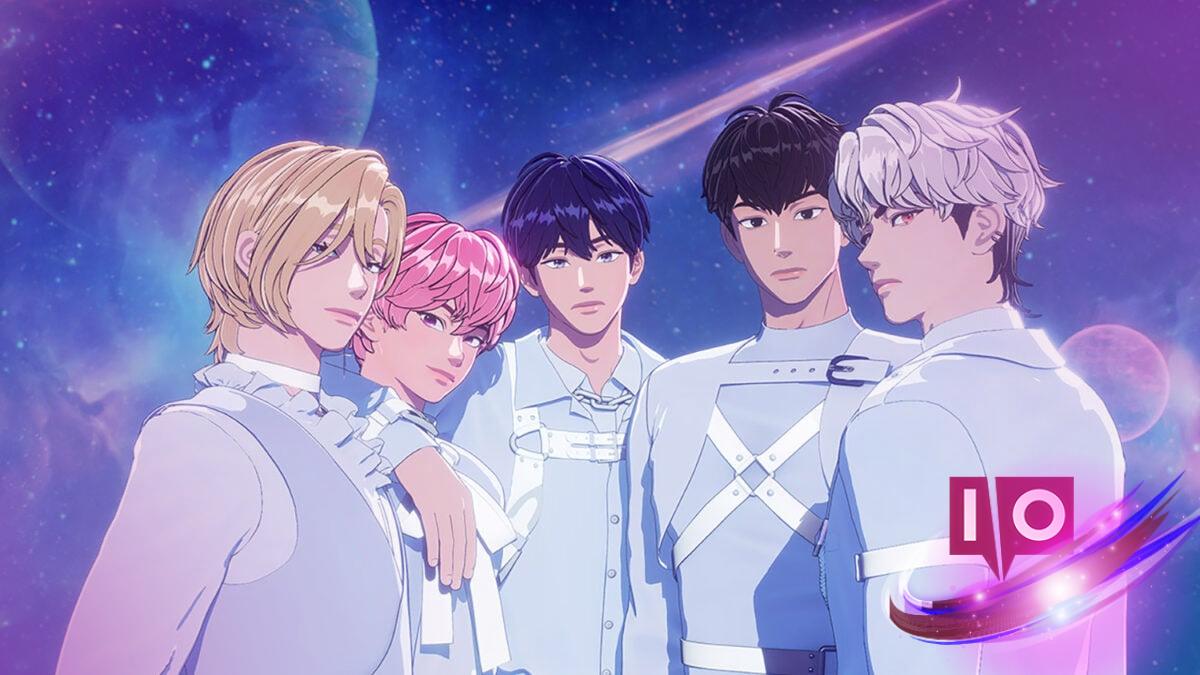KPop Demon Hunters has taken the streaming and box office scene by storm this summer, but a different battle unfolded in the South Korean courts with KPop Defamation Hunters. The virtual boy band Plave, composed solely of animated members, made headlines by successfully suing a social media user for defamatory comments made against them.
This unprecedented legal case has grabbed attention for several reasons. The unidentified individual, who posted derogatory remarks online in July 2024, suggested that the personas behind the virtual band might not be appealing in real life, adding that they exude a “typical Korean man vibe.” Some remarks even included profanity, which, while not overly offensive, still contributed to the hateful discourse aimed at the group.
What Was the Court’s Ruling?
The posts aimed to defend that the comments were directed at the animated avatars, not the real individuals providing voices for the characters. However, the court firmly disagreed, asserting that these avatars indeed represent real people. Thus, the judgment expanded the implications of the attacks from the digital realm to the real lives of the band members.
How Much Did Plave Win?
In a significant outcome, Plave secured a total of 500,000 South Korean won (approximately €370), equating to 100,000 won per member. While this may not appear to be a large sum for a group boasting over one million YouTube subscribers and having sold more than 500,000 units of their latest album in just the first week, the emotional toll of defamatory comments cannot be disregarded. The band initially sought damages of 6.5 million won per member, totaling around €17,200, significantly higher than what they received.
What’s Next for the Band?
Following the ruling, Vlast, the band’s label, announced plans to appeal the damages awarded, as they believe the amount is insufficient, particularly given this case’s potential to set a precedent for defamation involving virtual avatars. This marks a significant moment in the industry, as music labels in Korea have been known to pursue legal action against internet trolls who disparage artists online.
Why Are Virtual Bands Important?
The rise of virtual bands like Plave offers a unique response to the pressures faced by pop stars in Korea. The anonymity of animated personas can provide a shield against public scrutiny, yet it raises intriguing questions about identity and representation in the digital age. Just as virtual bands are becoming more mainstream, the legal landscape is evolving to protect them.
Is it common for K-pop labels to take legal action against trolls? Yes, several labels have launched campaigns to combat online harassment aimed at artists, demonstrating a commitment to safeguarding their image and mental well-being.
Why was this lawsuit particularly groundbreaking? It’s the first known instance where a virtual act successfully sued for defamation, suggesting that the law may increasingly recognize the legitimacy of digital personas.
Are virtual avatars here to stay in the music industry? Absolutely. As technology continues to advance, expect even more virtual acts to emerge, pushing the boundaries of what it means to be an artist today.
In summary, Plave navigating the legal system not only illuminates the challenges faced by artists in the digital era but underscores the consequences of online slander. This case serves as a reminder that open communication and respect are crucial in our digital interactions. For even more fascinating insights into the world of K-pop and virtual bands, be sure to check out Moyens I/O.
